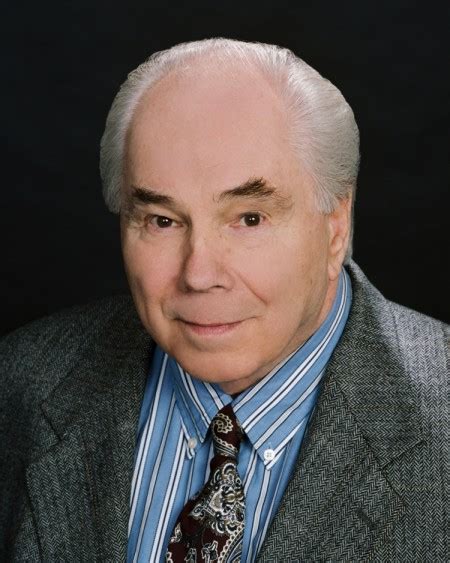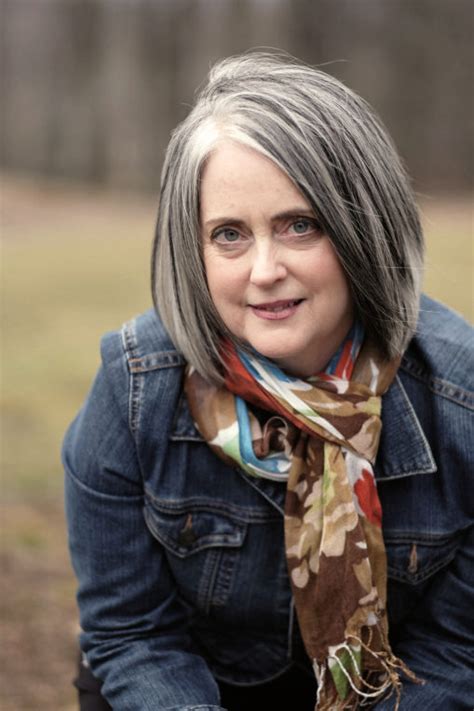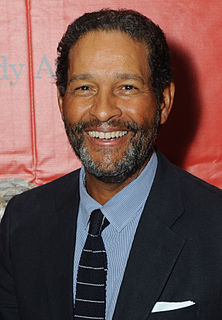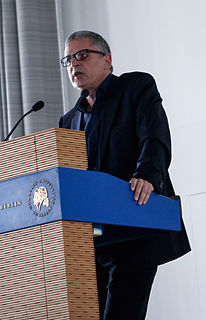A Quote by Kathi Appelt
Telling stories and having them received is so important. That dialogue is everything. I tell my students all the time that what separates us as human beings is our ability to hold stories. Our narrative history. There is so much power in that. Storytelling is our human industry.
Related Quotes
For girls and women, storytelling has a double and triple importance. Because the stories of our lives have been marginalized and ignored by history, and often dismissed and treated as 'gossip' within our own cultures and families, female human beings are more likely to be discouraged from telling our stories and from listening to each other with seriousness.
So I found myself telling my own stories. It was strange: as I did it I realised how much we get shaped by our stories. It's like the stories of our lives make us the people we are. If someone had no stories, they wouldn't be human, wouldn't exist. And if my stories had been different I wouldn't be the person I am.
My real purpose in telling middle-school students stories was to practice telling stories. And I practiced on the greatest model of storytelling we've got, which is "The Iliad" and "The Odyssey." I told those stories many, many times. And the way I would justify it to the head teacher if he came in or to any parents who complained was, look, I'm telling these great stories because they're part of our cultural heritage. I did believe that.
We read novels because we need stories; we crave them; we can’t live without telling them and hearing them. Stories are how we make sense of our lives and of the world. When we’re distressed and go to therapy, our therapist’s job is to help us tell our story. Life doesn’t come with plots; it’s messy and chaotic; life is one damn, inexplicable thing after another. And we can’t have that. We insist on meaning. And so we tell stories so that our lives make sense.
Yet again, an ancient answer echoes across the centuries: Listen! Listen to stories! For what stories do, above all else, is hold up a mirror so that we can see ourselves. Stories are mirrors of human be-ing, reflecting back our very essence. In a story, we come to know precisely the both/and, mixed-upped-ness of our very being. In the mirror of another's story, we can discover our tragedy and our comedy-and therefore our very human-ness, the ambiguity and incongruity, that lie at the core of the human condition.
Our strategy should be not only to confront empire, but to lay siege to it. To deprive it of oxygen. To shame it. To mock it. With our art, our music, our literature, our stubbornness, our joy, our brilliance, our sheer relentlessness — and our ability to tell our own stories. Stories that are different from the ones we’re being brainwashed to believe. The corporate revolution will collapse if we refuse to buy what they are selling — their ideas, their version of history, their wars, their weapons, their notion of inevitability.
When we die, these are the stories still on our lips. The stories we’ll only tell strangers, someplace private in the padded cell of midnight. These important stories, we rehearse them for years in our head but never tell. These stories are ghosts, bringing people back from the dead. Just for a moment. For a visit. Every story is a ghost.
What does it matter, if we tell the same old stories? ...Stories tell us who we are. What we’re capable of. When we go out looking for stories we are, I think, in many ways going in search of ourselves, trying to find understanding of our lives, and the people around us. Stories, and language tell us what’s important.
Our stories are not meant for everyone. Hearing them is a privilege, and we should always ask ourselves this before we share: "Who has earned the right to hear my story?" If we have one or two people in our lives who can sit with us and hold space for our shame stories, and love us for our strengths and struggles, we are incredibly lucky. If we have a friend, or small group of friends, or family who embraces our imperfections, vulnerabilities, and power, and fills us with a sense of belonging, we are incredibly lucky.
Our capacity to move forward as developing beings rests on a healthy relationship with the past. Psychotherapy, that widespread method for promoting mental health, relies heavily on memory and on the ability to retrieve and organize images and events from the personal pastIf we learn not only to tell our stories but to listen to what our stories tell us—to write the first draft and then return for the second draft—we are doing the work of memory.






































